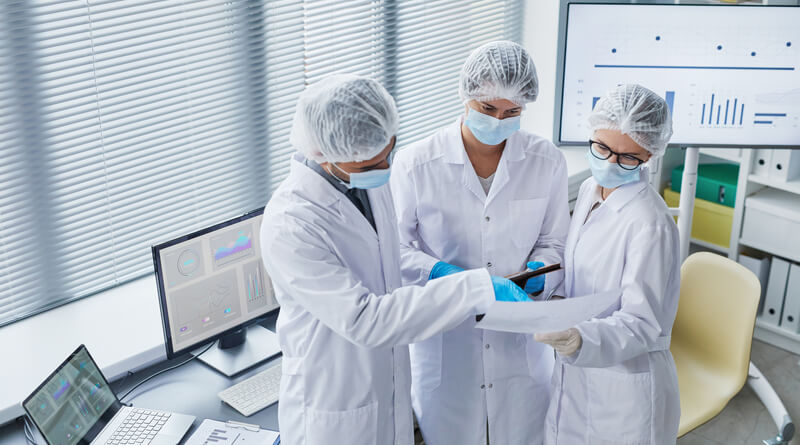6 Healthcare Innovations That Has Benefited Mankind in Recent Years

Betterment and new technology have made health care superior in recent years. Healthcare IT has advanced since the invention of the microscope and ultrasound devices. Furthermore, it has come a long way tenfold during the COVID-19 global pandemic. The advances have been evident with the rise of the aging population, mobile phone internet, and early disease detection. These technological feats spurred education, reskilling, and continuous learning for the medical industry practitioners and workforce. Here are six medical technology innovations that we are fortunate to have at our disposal should the need arise.

Drug development
The invention of several safe and effective COVID-19 vaccines in a short time is one of the most remarkable feats in medicine. Pharmaceutical companies collaborated for rapid drug development as a giant leap of faith for humankind to end the pandemic. Medical tests are fast-tracked with the help of online and virtual clinical trials that paved the way for more extensive group sampling.
Robotic surgery
Robotics has been making waves since the 1980s and has grown exponentially since. In this day and age, nanobots can be injected into the bloodstream to identify diseases. Thus, it aids in both diagnosis and prevention. Robotic surgery has also been paired with laser surgery like the Laser-Assisted Situ Keratomileusis.
LASIK eye surgery is a famous laser refractive surgery procedure to correct vision. It is a common and long-term alternative to glasses and contact lenses. In LASIK surgery, a specialized cutting laser changes the shape of the cornea to improve vision.
Several people find glasses a nuisance, and prolonged use of contact lenses may place an individual at risk of dry eye flares due to irritation and debris. Dry eye flares lead to severe conditions like inflammation. Prescription eye drops such as Eysuvis can quickly relieve the symptoms of dry eye flares. These prescription eye drops can offer a solution to discomfort and chronic pain. Careful diagnostics and assessment are needed to develop a long-term eye care solution like LASIK. Dry eye diagnosis and treatments have come a long way and utilize new technology for eye protection and comfort.
Cancer immunotherapy
One of the most valuable and promising areas of medicine today is immunotherapy. It works by curing previously dead-end diseases like cancer by altering the immune system to target and destroy cancer cells that reduce tumors and their symptoms.
Telemedicine
Telemedicine was probably one of the good things we got from the COVID-19 crisis. A bulk of healthcare facilities and organizations fortified their telehealth system to address the need for medical advice thru the telephone and online. This advancement paved the way for virtual patient visits to protect against infection and prevent hospital crowding.
While many experts are worried about issues such as medical identity theft during virtual visits, a touchless patient identification platform like RightPatient can prevent such cases. After scheduling appointments, patients only need to provide a selfie and a photo of their driver’s license – the platform compares the photos and validates the actual patients and red-flags fraudsters, preventing medical identity theft in real-time.
Nanomedicine
The application of nanotechnology in medicine has improved diagnosis, sensing, imaging, and medical logistics procedures. However, the most outstanding achievement to date is the nanotech drug that attacks viruses and bacteria.
Digital assistants
Digital assistants are taking on a significant role in healthcare, highly similar to how Siri and Alexa changed our lives. These digital healthcare assistants play ambient listening and recording and natural language processing in medical data capturing and analysis.
The global pandemic hastens healthcare technological advancements and innovations that ensued promising procedures, equipment, vaccines, and medicines in the last year. These innovations will give birth to better healthcare IT landscape that is beneficial in the post-pandemic world.









Virtual clinical trials open up an array of different possibilities for both the party conducting the trial and the participants. More ‘real world’ data can be collected as a result of participants being able to carry out their part in the study from the comfort of their own homes.